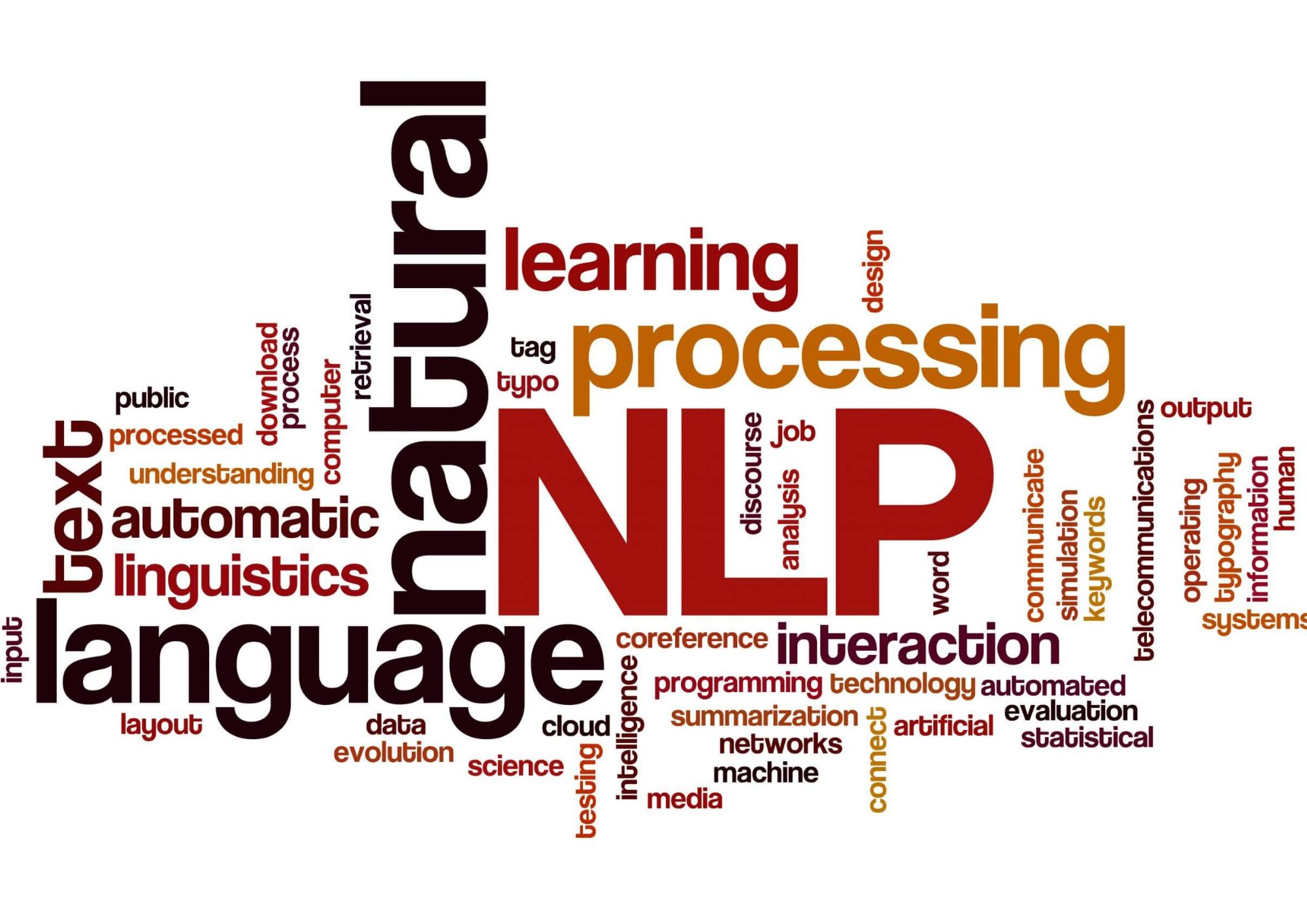Unleashing the Power of Python Machine Learning with the Best NLP Libraries and Tools
Natural Language Processing (NLP) is transforming the way we interact with machines, and Python Machine Learning is at the forefront of this revolution.
To help you choose the perfect NLP toolkit for your project, we’ve compiled this comprehensive comparison of NLP Libraries and Tools, complete with detailed explanations, programming code samples, and examples.
Let’s dive in!
Text Processing and Analysis: The Core of NLP Libraries and Tools 
Understanding the structure and meaning of human language is essential for building intelligent applications. Let’s examine some popular NLP libraries for Python Machine Learning that excel in text processing and analysis:
NLTK (Natural Language Toolkit)
- Comprehensive library with over 50 built-in corpora and lexical resources
- Supports tokenization, stemming, and part-of-speech tagging
- Offers a simple interface for building NLP applications
- Code Sample: Tokenizing sentences with NLTK
import nltk
nltk.download('punkt')
from nltk.tokenize import sent_tokenize
text = "Hello NLP enthusiasts! Let's dive into text processing."
sentences = sent_tokenize(text)
print(sentences)
SpaCy
- Designed for production-ready NLP tasks
- Fast and efficient processing, suitable for large-scale projects
- Supports named entity recognition and dependency parsing
- Code Sample: Extracting named entities with SpaCy
import spacy
nlp = spacy.load("en_core_web_sm")
text = "OpenAI created GPT-4, a powerful NLP model."
doc = nlp(text)
for ent in doc.ents:
print(ent.text, ent.label_)
Sentiment Analysis and Chatbots: Unleashing the Power of NLP Tools 
Analyzing sentiment and building chatbots are popular applications of NLP. Here are some top libraries for tackling these challenges:
TextBlob
- Simple and easy-to-use library for sentiment analysis
- Supports part-of-speech tagging, noun phrase extraction, and more
- Code Sample: Sentiment analysis with TextBlob
from textblob import TextBlob
text = "Python Machine Learning is awesome!"
blob = TextBlob(text)
print(blob.sentiment.polarity)
Rasa
- Open-source framework for building conversational AI
- Supports customizing your chatbot with minimal programming
- Integrates with popular messaging platforms like Slack and Facebook Messenger
- Example: Building a weather chatbot with Rasa
Conclusion: Choosing the Right NLP Libraries and Tools for Your Python Machine Learning Projects 
Selecting the best NLP library or tool for your Python Machine Learning project is crucial for success. Consider factors like performance, scalability, and ease of use when making your decision. In summary:
- NLTK: Ideal for beginners and small-scale NLP projects.
- SpaCy: Perfect for production-ready, large-scale NLP tasks.
- TextBlob: Excellent choice for simple sentiment analysis applications.
- Rasa: The go-to framework for building customizable chatbots.
Remember, there’s no one-size-fits-all solution, so don’t hesitate to mix and match these NLP Libraries and Tools to suit your unique needs!
FAQ
What is NLP?
NLP (Natural Language Processing) is a subfield of AI that focuses on enabling machines to understand, interpret, and generate human language.
Why is Python popular for NLP and Machine Learning?
Python is popular for NLP and Machine Learning due to its simplicity, readability, extensive library support, and active community.
Can I use multiple NLP libraries in a single project?
Yes! You can combine different NLP libraries and tools to leverage their strengths and build a more robust solution.
How do I stay up-to-date with the latest NLP developments?
To stay current with NLP developments, follow NLP conferences (e.g., ACL, EMNLP), read research papers, and participate in online forums and communities.
Are there any other NLP libraries and tools not mentioned in this article?
Yes, there are many other NLP libraries and tools available, such as Gensim, Transformers (by Hugging Face), and StanfordNLP. Explore these resources to find the best fit for your project!
Thank you for reading our blog, we hope you found the information provided helpful and informative. We invite you to follow and share this blog with your colleagues and friends if you found it useful.
Share your thoughts and ideas in the comments below. To get in touch with us, please send an email to dataspaceconsulting@gmail.com or contactus@dataspacein.com.
You can also visit our website – DataspaceAI















